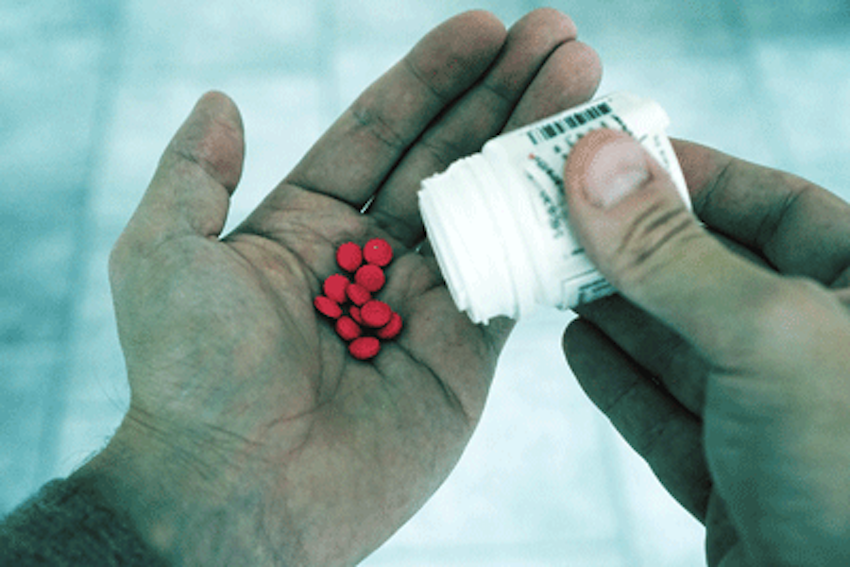
An op-ed by Richard Frank and NYU’s Sherry Glied published in The Hill highlighted the Affordable Care Act’s progress fighting the national opioid epidemic. In it, the piece outlines research showing that if the Republican administration repeals the ACA, the opioid crisis—already at epidemic levels in the United States—would undo progress and cause enormous financial and social harm.
21st Century Cures has provided significant appropriations to tackle opioid abuse and serious mental illness. According to Frank and Glied, repealing the ACA would potentially cut $5.5 billion being used to tackle these two issues.
Repeal would remove the capacity for treatment for individuals suffering from these conditions, which in turn would increase health care, state and federal costs, according to the op-ed:
Communities will continue to pay for the jails, prisons and homeless shelters that serve as our de-facto service system for many with these conditions.
In total, over four million people would be negatively impacted by the repeal.
According to a Senate press release, U.S. Senators Joe Manchin (D-WV), Bob Casey (D-PA), Angus King (I-ME), Sherrod Brown (D-OH), Heidi Heitkamp (D-ND) and Claire McCaskill (D-MO) highlighted the research underlying the op-ed and highlighted the concrete effects that would result.
These states are deeply impacted by the Cures Act. In the release, Senator Manchin said,
In West Virginia, half of the people in treatment would lose their coverage that was made possible through the Affordable Care Act. With our state leading the nation in drug overdose deaths, West Virginians cannot afford to have this critical funding ripped from them without a replacement ready.
The op-ed also received coverage by Vox, in which Frank discussed the concrete effects achieved by the Cures Act, including a 15 percent drop of hospitalizations for uninsured patients with substance abuse issues or a mental disorder. Individuals like these would be hit the hardest:
People with these illnesses benefited more than others did having the act. They’re also going to be the ones that lose more if you start scaling it back.
Other coverage included the Portland Press Herald and WIRED.
Enjoy content like this? Sign up for our newsletter.